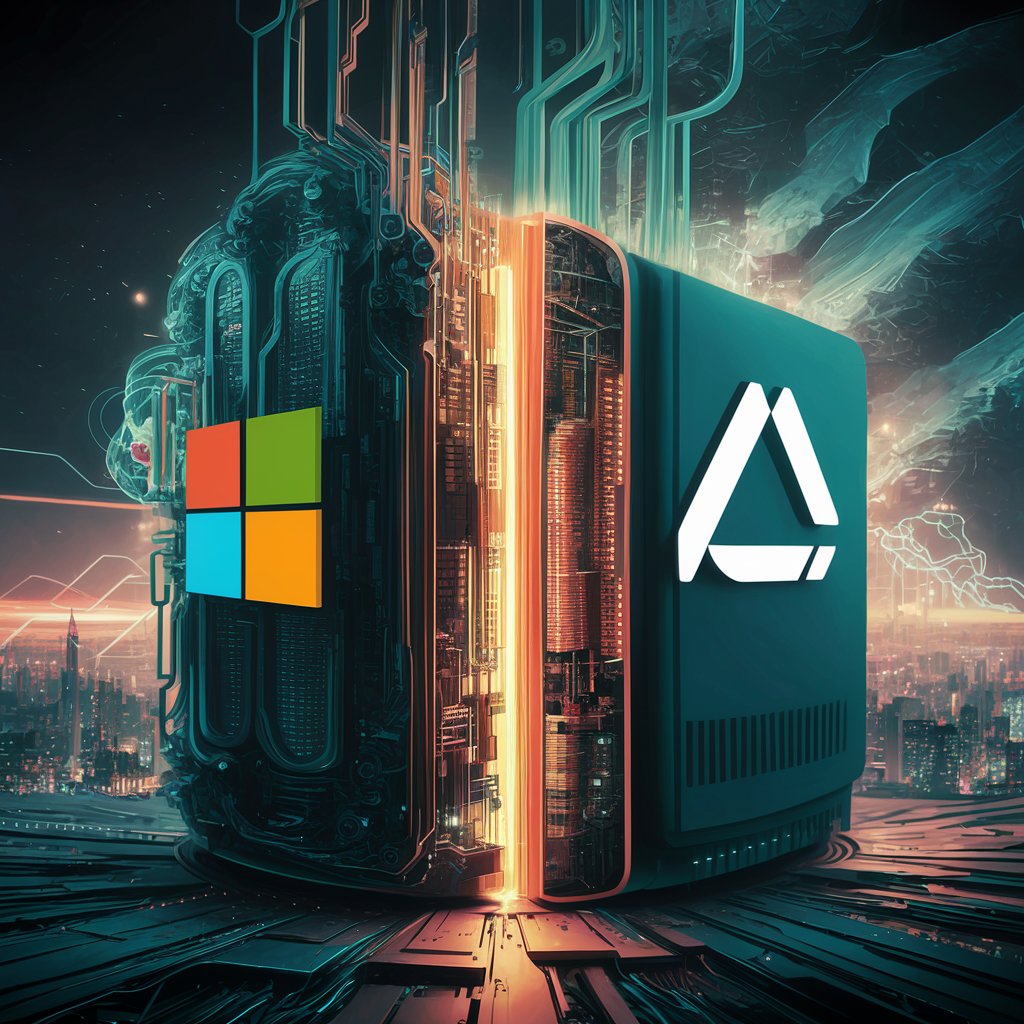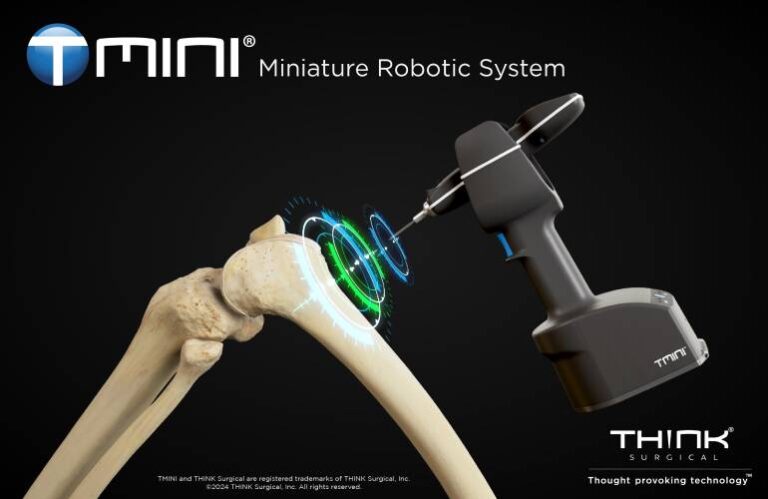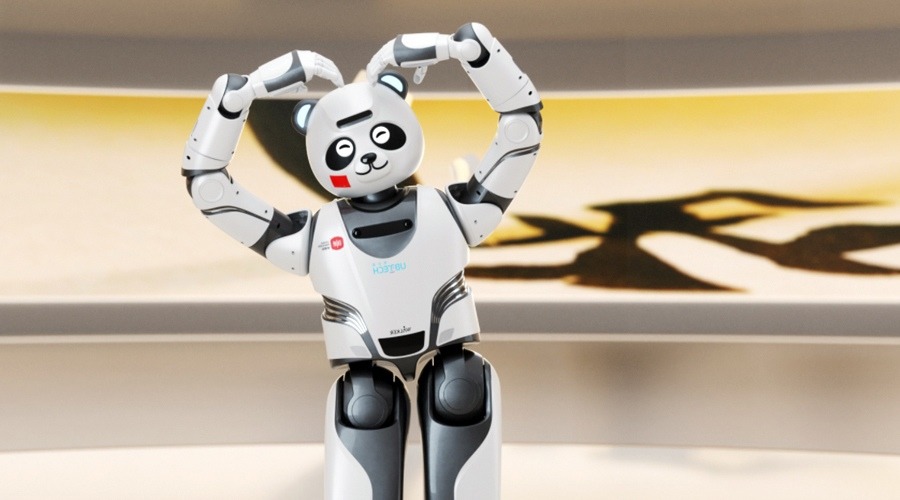In the race to push the boundaries of artificial intelligence, tech giants are leaving no stone unturned, and Microsoft has just made an extraordinary move. The software behemoth has announced plans to invest a staggering $115 billion in a joint project with OpenAI to create a massive supercomputer dedicated to training powerful AI models.
The partnership between Microsoft and OpenAI, the company behind the wildly popular ChatGPT, dates back to 2019 when Microsoft initially invested $1 billion to develop new AI technologies. This initial investment was followed by subsequent financial contributions in 2020 and 2023, with the latter rumored to be around $10 billion.
However, the latest announcement dwarfs all previous investments, solidifying Microsoft's commitment to staying ahead in the AI race. According to reports from The Information, the two companies are collaborating on a mammoth project codenamed "Stargate," which will house a supercomputer comprising millions of graphics processing units (GPUs) optimized for training cutting-edge AI models.
The Stargate supercomputer, slated to be fully operational around 2028, will be based in the United States and is expected to be a game-changer in the field of artificial intelligence. With an initial estimated cost of $100 billion, and a potential total exceeding $115 billion, this project is a testament to the immense faith Microsoft has in the transformative power of AI.
To put this investment into perspective, the $115 billion figure is more than three times Microsoft's capital expenditure over the past year. It also highlights the company's willingness to fully finance the project, underscoring the strategic importance of AI in its long-term plans.
Given the supercomputer's reliance on millions of GPUs, a substantial portion of the investment is likely to be directed toward acquiring specialized AI chips, such as NVIDIA's Blackwell B200, which can cost between $30,000 and $40,000 per unit.
The Information reports that Microsoft and OpenAI are adopting a phased approach to the project, with Stargate being the final and most advanced phase. Before reaching that pinnacle, the companies will develop a series of "predecessor" systems, with the fourth phase involving a smaller supercomputer slated for operation in 2026.
Experts warn that the Stargate project will face significant challenges, including the need to increase the density of GPU placement in racks to achieve the desired level of performance and efficiency. Additionally, the sheer energy consumption required by such a massive system is a concern, with estimates suggesting it may require "at least a few gigawatts" of energy.
Despite these challenges, Microsoft's unwavering commitment to AI is clear. By collaborating with OpenAI and investing a staggering $115 billion in the Stargate project, the company is positioning itself at the forefront of the AI revolution, poised to shape the future of this transformative technology.
As the race for AI supremacy intensifies, Microsoft's bold move sets the stage for a new era of innovation and technological breakthroughs, promising to push the boundaries of what's possible in the realm of artificial intelligence.


















